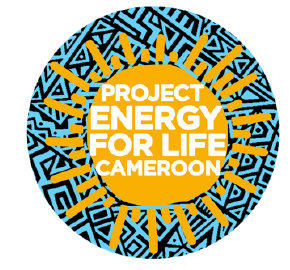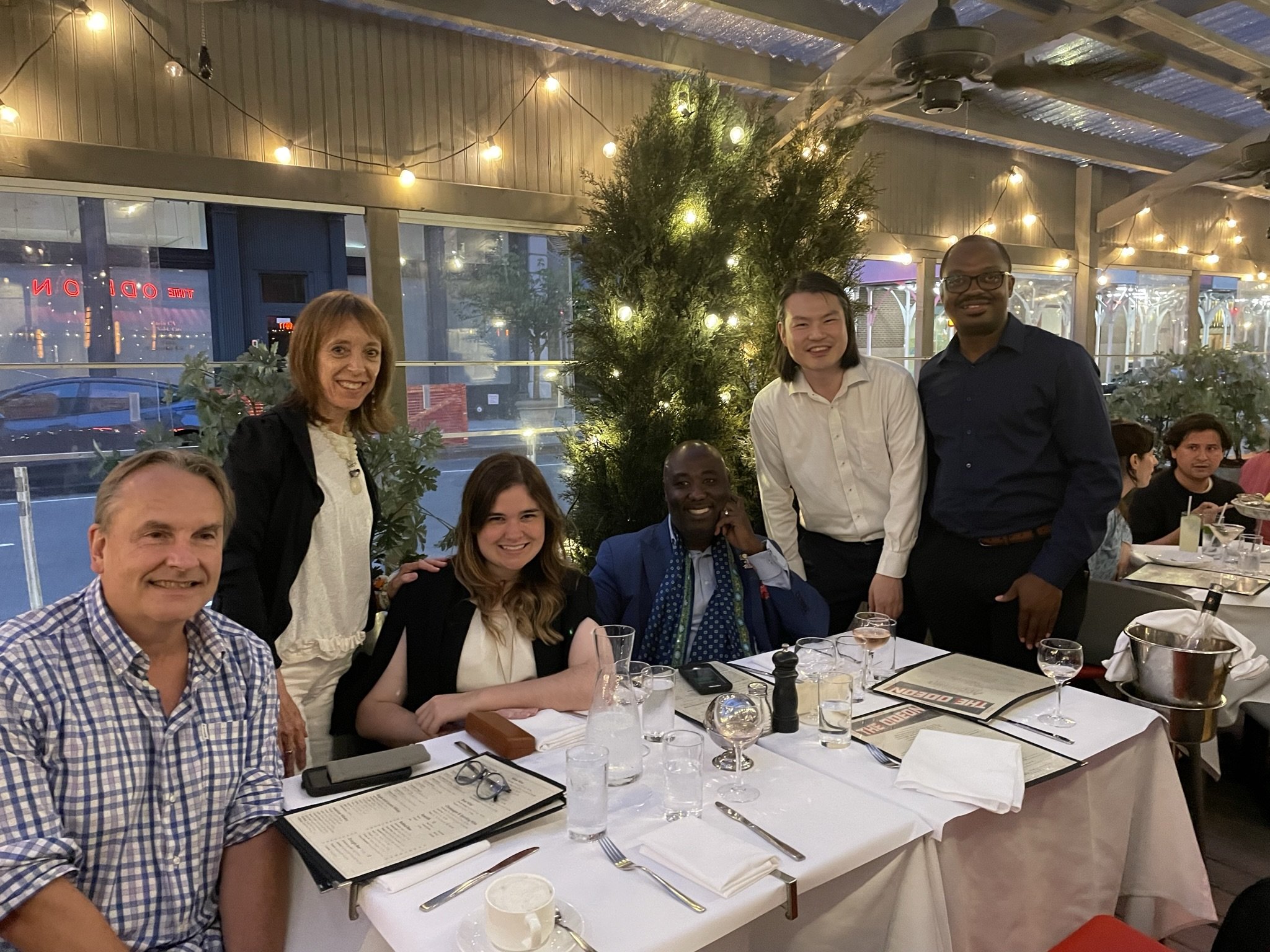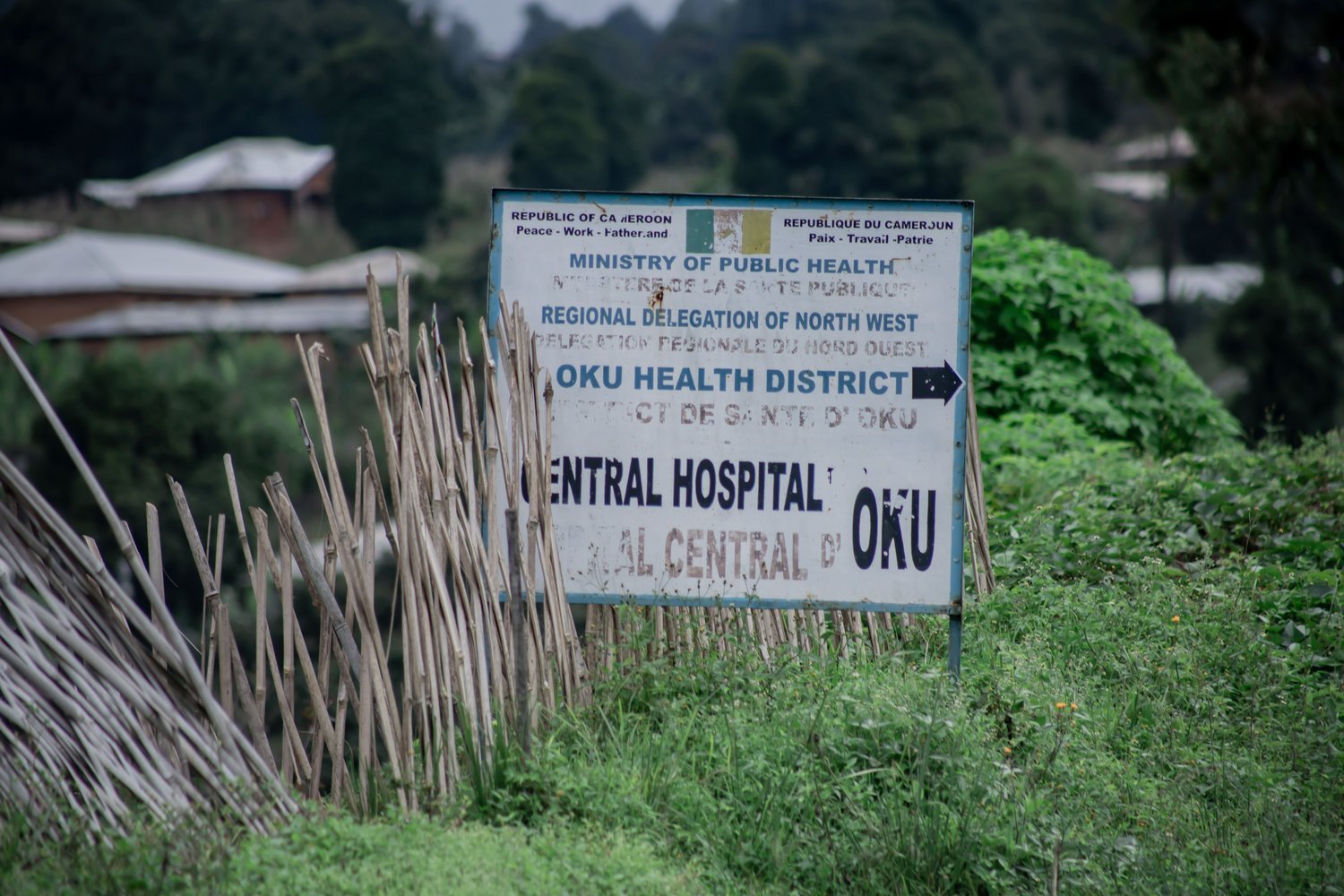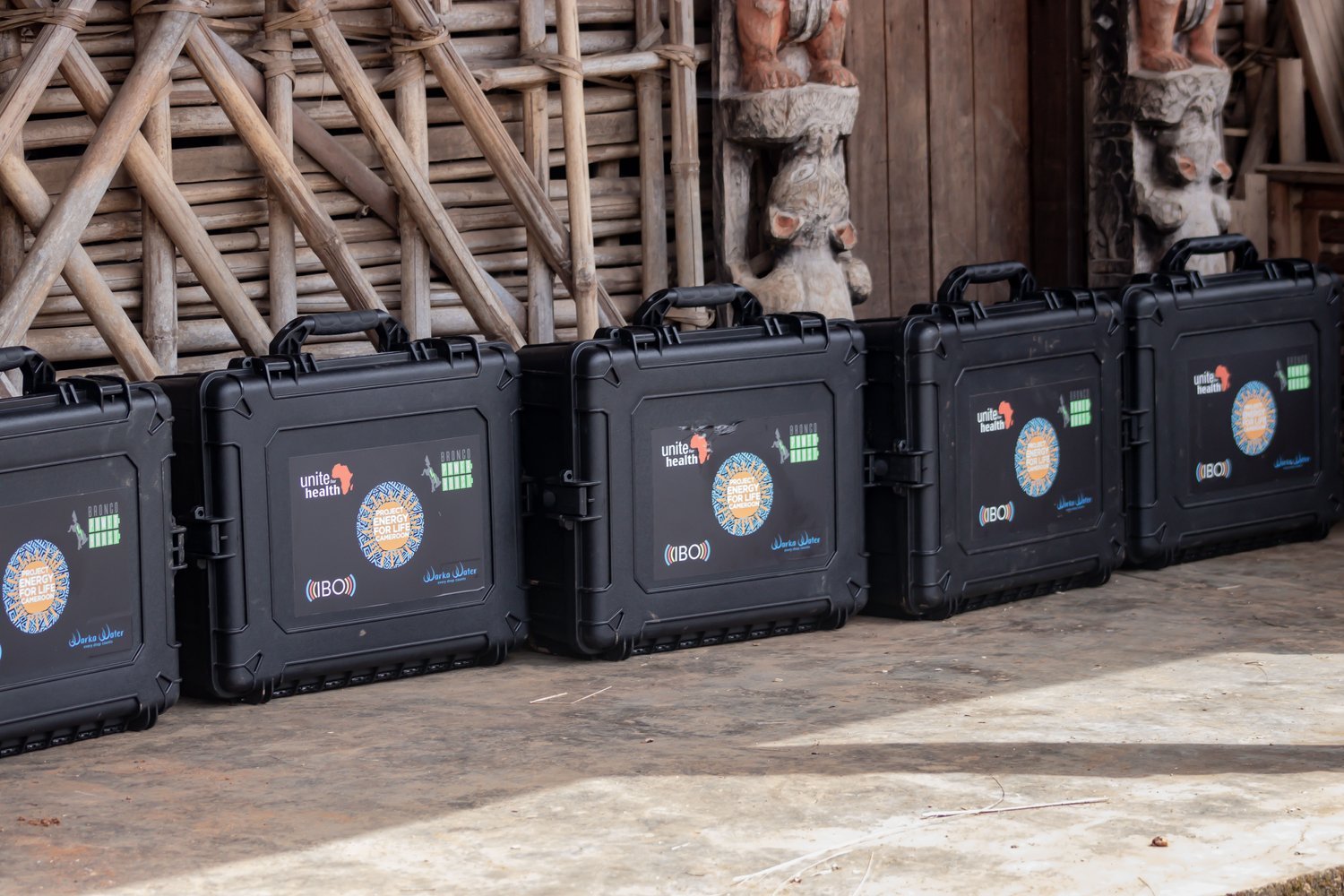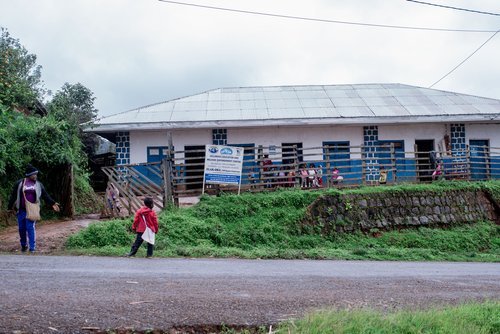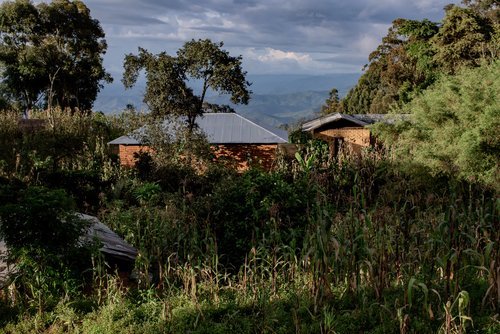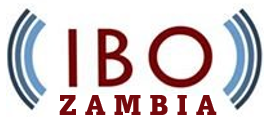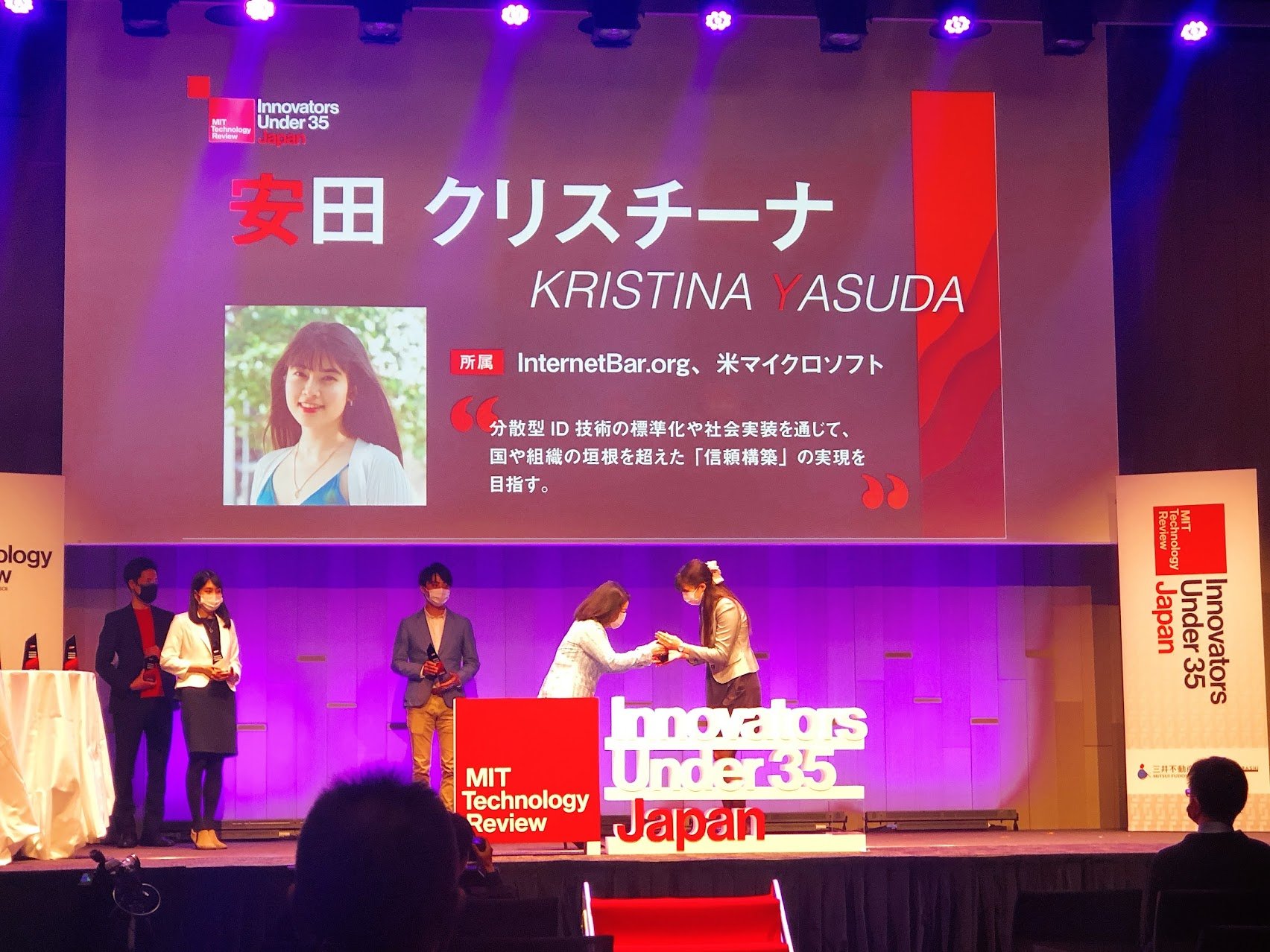As part of my human rights concerns, I am working closely with Jeffrey Aresty, the founder of InternetBar.Org Institute (IBO) and Rachel Svetanoff, former Executive Director and current strategic advisor, on its innovative and precedent-breaking initiative to elevate peripheralized youth through ICT4D (Information Communications Technology for Development) initiatives. At my emeritus gala celebrating the 30th anniversary of my directorship of the Institute, I was surprised by this honor for the United Nations International Day of Happiness. It is my students, alumni, and this extraordinary team exemplified by Rachel that reify this acknowledgement.
I understand this entire initiative with IBO, which involves other Convisero community members, as continuing my efforts to honor and preserve the memory of wonderful Bory Damyanova, who deeply cared about such concerns. It is part of my ongoing commemoration of her passing in 2005.
Boryana Damyanova in Dubai for an IGL research trip, where she explored the role of MNC’s in the Middle East and later presented her findings at an EPIIC symposium.
Background: Intersecting IBO with my institute for global leadership
PeaceTones artist Wanito performs at Haiti Sings competition
The Institute for Global Leadership catalyzed the start of one of IBO’s most successful programs, PeaceTones, in 2008. PeaceTones is a program that provides musicians in underserved communities with access to opportunity through its legal resources and digital platforms. After being introduced to Jeff by my wonderful friend Rafi Reisz, I asked him to become one of the Institute’s INSPIRE Fellows - Institute Scholar and Practitioner in Residence - to convene poverty relief and legal experts and conceive a project within our EPIIC “Poverty and Inequality” colloquium and symposium that would address these concerns.
IBO’s vision is to build environments for trusted online communities and environments that can shape their own governance. They aim to direct global conversations that will help distributed governance emerge. With Rachel’s leadership in setting up the groundwork as depicted in her co-authored chapter “The Technology of Peacebuilding: Empowering Youth with Dignity,” in Evolution of Peace Leadership and Practical Applications, IBO is now uniting all its programs (PeaceTones, Tech for Justice: Ukraine, Data as Truth and Art, Global Futurist Initiative, The Invisibles - IBO Zambia, and Bee 1 World) through blockchain technological applications as advocated here:
Rachel Svetanoff and Jeff Aresty (2022)
Empowering peripheralized youth to become peacebuilders is not only possible, but critical to bringing human rights to new frontiers of the internet. The most impactful way that the current peacebuilding community can take to empower these youth is to welcome them to join newly formed trusted online communities (TOCs) built on new powerful and secure technologies that will become the first new markets of the 21st century data economy. Here, they will be able to find meaningful work and a path to find their purpose in life, their human dignity. These youth will also be the first persons to define the norms of fairness and justice in the new data economy.
Rachel Svetanoff, Executive Director of InternetBar.Org Institute, Inc. (IBO), recently stated that “it is for everyone’s benefit to elevate the youth contribution and voice to such global agendas and mandates” (Bloodworth, 2022 “A Beginner’s Guide to the Sustainable Development Goals (SDGS)”).
Bee 1 world: project energy for life cameroon consortium
“Electricity is the bedrock for modern society, and renewable energy is a sign of society advancing forward with its collective consciousness. Not only does it help restore the natural world, but renewable energy is also an opportunity to shine a light on those left in the dark, namely the underserved and marginalized communities. With costs lowering, there is a historic opportunity to reduce multidimensional poverty in a way that uplifts the quality of life for all of us. ”
Unite for Health, IBO, and Bronco Power Boost are collaborating as the Project Energy for Life Cameroon Consortium built on transparency, trust, and the passionate pursuit of a healthier, more sustainable, just, and equitable world. Founded by Rachel, this consortium is reducing multi-dimensional poverty in rural villages of Cameroon by delivering a unique combination of small-scale distributed solar power, access to healthcare, water, and community wi-fi. The Project Energy for Life Cameroon consortium will use the Bee 1 World® framework, a systems approach created to achieve the United Nations Sustainable Development Goals (SDGs) by 2030. Community development and implementation plan funding is working towards accomplishing the following:
• Reduce energy poverty by increasing access to distributed solar power, healthcare, and water supply, sanitation, and hygiene (WASH) services, and ensure internet access is attained.
Obama Foundation scholar and Unite for Health Founder Elvis Ndansi holds humanitarian kits (2022)
• Create a trusted and accessible community online and offline to elevate the voices, stories, trade, and artistry of the two communities by building a digital identity infrastructure, delivering a virtual marketplace, and introducing the local community to the international justice community.
• Create a model that is scalable for other developing countries that aim to improve the lives of rural, underserved and IDP populations, and peripheralized youth that lack access to opportunity and justice.
In Cameroon, 40% of the population does not have access to electricity which increases to a massive 80% for those living in rural areas. Data are lacking on the number of rural clinics and schools with refrigeration or electricity or the number of villages with access to electric pumping facilities. The distribution of electricity in Cameroon is limited yet the growth of new subscribers is slow. Given the problems that the urban-based grid systems already experience, it is unlikely that most of the rural population and institutions, under current policies, will get electricity in the next 20-40 years. Last, without a stable source of electricity, there is no way to connect with the international justice community that can provide an unbiased outlook on local legal proceedings, so both government and communities face corruption and conflict. This further slows progress to improve Cameroon’s infrastructure and institutions and protect human rights and access to justice. According to the Internally Displacement Monitoring Center, Cameroon is only behind the Democratic Republic of the Congo in the number of Internally Displaced People (IDPs) in Central Africa. It reached a record high of 1 million people by 2020, with no identity to access opportunity for a better life.
Hassanatu Blake
Hussainatu Blake
Electricity that can support reliable internet access will open the door to information, human capital, and the world’s markets for people in isolated communities like the two target communities. IBO’s role is connecting any local legal practitioner to the international law community through its vast network of the alternative dispute resolution community and international business, immigration, and tax lawyers. This will enable local innovators and entrepreneurs in the region to have easy access to legal counsel to protect their proprietary rights. Considering the on-going reports of human rights violations by both government forces and separatists in the Anglophone region, residents of these communities who suffer any form of unlawful arrest or abuse will have access to international lawyers. They will be able to collaborate with local lawyers to help defend them in court and ensure justice will be served.
This consortium is being overseen by a body of advisors to which I introduced two notable Convisero mentors to take part: Hussainatu and Hassanatu Blake. Their extensive experience in global health settings, particularly in their home country of Cameroon, has been essential to the success of this effort. This effort is eager to launch Project Energy for Life in Cameroon because many leaders of this initiative understand firsthand exactly how multi-dimensional poverty impacts its citizens. Everyone, no matter where they live, has the right to electricity, healthcare, education, economic mobility, and happiness – and to look ahead to a brighter, more globally sustainable future.
Bee 1 world with Ukraine
Part I: Humanitarian relief via solar generators
Solar power solution in Poland (2022)
With the Russian invasion of Ukraine, millions are without power in the country and those who are IDPs or refugees entering other countries need a secure and portable energy source to power their cellphones. Not only is Ukraine’s energy security at risk, but those Ukrainians who have left the country and have separated from their families will need to rely on their cellphones for communication with governments, health care providers, humanitarian agencies, legal support groups and family so that they can reunite when the time comes. Relying solely on the strained electrical grids of host governments and Ukraine itself is untenable during war.
Therefore, IBO Institute is partnering with Bronco Power Boost to provide batteries, flashlights, and small, renewable energy electric generators to help Ukrainians always have a source of electricity in their pocket. Jeff recently met two of my Ukrainian contacts Vlad Medvedovsky and Vitaly Veksler, to whom I also introduced to Rachel. That then introduced us to Yana Nikolayeva who helped Jeff and Rachel connect to Ukraine’s Ministry of Digital Transformation.
Krakow, Poland display of solidarity for Ukraine (2022)
Jeff traveled to Poland in June 2022 on a 5-week mission to implement his solutions. He met a Ukrainian activist “Tatiana” and her children, on World Refugee Day. She was the first person who Jeff came across that was in need of the solar generator to which she is using as a pilot and prepare some photographs and evaluation for this effort.
Part II: Legal Identity aid
With over 25% of Ukraine’s 44 million population displaced from their homes, and over 6 million moving across Europe, the need for verifiable identities is critical. Border crossings are going to require some proof of identity to assure they know who is entering and leaving their borders, and to put some barriers to thwart criminal activity. Also, as many families are being separated and many children are traveling alone, a verifiable identity will assist agencies charged with tracking the whereabouts of family members as well as the families themselves. Though the Ukrainian Diia app is providing one of the latest examples of a national digital ID program, any storage of official documents in a centralized electronic format is associated with the risk of their leakage or destruction during war. Whether at the borders of countries, or, in front of national and global agencies seeking to help refugees, there needs to be a way to establish the trustworthiness of an individual's own statements so that they can be relied upon.
Jeff Aresty and Wolters Kluwer staff (2022)
During Jeff’s first week in Poland, he met with leading members of both the Polish and Ukrainian legal and legal technology communities. IBO is working with the Polish law firm, Wardyński & Partners, which is organizing outreach to the Warsaw Bar Association, Lex Mundi, the international bar association, and the Ukrainian Bar. At the end of Jeff’s first week, there was a legal hackathon to support Ukrainian refugees led by the Dutch information services company Wolters Kluwer. Jeff presented the Gravity.Earth blockchain-based digital identity solution which empowers individuals and small businesses to build trusted digital identities that are private, portable and persistent. Members of the legal empowerment network will have provided verifiable data about themselves into a digital wallet which will permit refugees with digital wallets to safely share necessary personal and verifiable data in order to access services. One of the hackathon challenges is creating the blockchain-based mechanism to make these matches in the cloud. Another challenge is identifying how the use of a digital identity solution can combat trafficking of children, and other cybercrime risks arising in a chaotic migration climate.
Part III: Bee 1 World with Ukraine - Gateway to Virtual Markets
Jeff Aresty and Ukrainian refugees from Children of Ukraine in Poland (2022)
The motivating vision for this part is to unite the world behind Ukrainian youth by creating a virtual marketplace on the new internet for them to learn, earn and bring trust back to the online world. IBO has identified a possible music and documentary project to tell the true story of this war. As the Ukrainian military and people who have remained in Ukraine are telling their stories through pictures which document the atrocities, IBO’s approach is to tell the world this story now; eventually, those responsible will be held to account in The Hague for their war crimes. But the world of public opinion can tell that story today. By uniting the world through a musical documentary, youth can bring the rule of law to the internet, restart their education and create access to opportunities for themselves and all Ukrainian citizens to tell this story. Nearly 2 million Ukrainian refugees are staying in Poland, 90% of whom are women and children. Amid the expansion of Russia's war aims, an increasing shortage of opportunities has left refugee families and children in desperate need of resources. Jeff is currently working with PeaceTones mentors and Ukrainian artists through Children of Ukraine Educational Center from Kharkiv to bring this vision to life for release on August 24 (2022), Independence Day of Ukraine. Children of Ukraine is a start-up secondary charter school and music therapy school for grades 1-11 that aims to service more than 1,000 refugee children in Warsaw who are looking for an opportunity to study but cannot due to capacity restraints in Polish schools. Currently, the school enrolls 150 students and has served 300 alumni.
This project aims to bridge the opportunity gap for these Ukrainian children through outreach, education, and fundraising. This partnership between IBO, Children of Ukraine Educational Center, and KelseyRae4Peace is a united effort to help Ukrainian youth regain their dignity. Kelsey Rae has traveled the globe creating music that inspires all generations. While writing “Be One World” in Africa, she sees how impactful music is for all cultures. Though her target audience is the youth, she believes through positive vibrations that we will save our planet and bring hope for a future of peace.
IBO’s campaign goals are three-fold: 1) Outreach — The partners are producing a concert to jump start an active, trusted community to convert them to donors and volunteers. The target reach is 10,000 members on social media platforms by December 2022; 2) Education — Throughout the campaign, IBO will host webinars and trainings on music therapy, refugee access to opportunity via digital assets, and how to provide legal identity for all. With the help of subject matter experts, the organization aims to educate legal professionals, technologists, and policymakers on the impact of digital identity and instill a sense of fervor to being part of the solution; and 3) Fundraising — The Bee 1 World Honeycomb will sell digital assets made by vulnerable youth aiming to reach Ukrainian children regain their opportunity to study and families to regain their dignity. This “honeycomb” is a digital marketplace for crypto collectibles and non-fungible tokens (otherwise known as NFTs) illustrating how young artists see their reality in an accessible and meaningful way while raising awareness about building a justice movement in the new data economy.
Data as Truth & Art (DATA): A joint venture with questscope
I participated in the 2021 Collaborative Launch Initiative, moderated by Professor Larry Bridgesmith of Vanderbilt Law School, to begin implementing the Justice Layer and creating the alliances that will support it. I presented on the beginnings of PeaceTones at the Institute, and the need now for us to explore the connections and create the relationships that will allow the Justice Layer to thrive. Read IBO’s post-Summit statement here.
Sasha Chanoff
Curt Rhodes
Given IBO’s strong concern for refugees though The Invisibles project, I introduced Jeff to two of our alumni, Sasha Chanoff, the Founding Director of RefugePoint, for whom I am a Strategic Advisor, and Curt Rhodes, the Founder of Questscope, the latter of whom are partners with IBO on their joint Data as Truth and Art project. Concerning this project, Sasha encouraged IBO to approach Vilas Dhar, the President of the McGovern Foundation, a nonprofit philanthropic foundation that describes its mission as “a 21st century philanthropy advancing artificial intelligence (AI) and data solutions to create a thriving, equitable, and sustainable future for all.”
Michael Posner
IBO presented its Bee 1 World project to the American Bar Association's Center for Human Rights as an ABAC “Dignity Rights Initiative.” In this, I helped Jeff reconnect with the distinguished human rights lawyer, Michael Posner, who is Kohlberg Professor of Ethics and Finance at NYU Stern, and a recipient of the Institute’s Bory Damyanova Award for Corporate Social Responsibility.
I introduced Jeff, Curt, Sasha, and Larry to Rachel, whom chaired the Program Committee of Student Pugwash USA that I serve on. Rachel’s journey with IBO began because of her role as Programs Lead of Johnson & Johnson’s CaringCrowd. Rachel is also on the Board of J.B. Dondolo - whose “Music for Water” international song competition resonates the model and mission of PeaceTones. In our initial conversation with Rachel, Jeff, Curt, and Larry, we began envisioning collaborations between IBO and the many initiatives that Rachel is involved in. Less than a year later, Rachel has become the Executive Director of IBO, and after a year as Executive Director has gained a seat on the Board of Directors.
Global futurist initiative™: An IBO Partner
The Global Futurist Initiative™ (G-Fi) is a youth-led social effort working to prioritize youth issues in global agendas.
Global Futurist Initiative’s three tenets of approach are evidence, action, and advocacy. Evidence works to fill gaps on data about the role of youth. According to the U.N. World Youth Report (2020), every 1 in 5 youth are not in education, employment, or training (NEET), and to meet global youth needs, 600 million jobs would have to be created over the next 15 years. Only 1 metric in any youth report found (3 total) was used to measure youth representation: percent of young members of parliament. No metrics are available on how much youth know about the Global Goals.
Julia Samson and Rachel Svetanoff for UN General Assembly Week (2022)
Action is centered around two programs Assembloids and CAST 4ward. Rachel’s story with G-Fi began through her creation of the Assembloids program which The Trebuchet team member Jerome Krumenacker was a thought partner on, and I was very supportive of her independent program. Assembloids aims to equip young climate finance professionals with policy and advocacy training to receive early exposure to shaping policies and strategies for global-scale agendas.
Julia Samson, Rachel Svetanoff, and teaching assistants at Harvard Seminar for Leaders in China CAST 4ward course (2021)
Rachel met another young colleague and Convisero mentor, Julia Samson, who is a Columbia University graduate and created the CAST 4ward program. G-Fi was accepted by Enactus and One Young World’s Action Accelerator for the CAST 4ward program. The Idea Captain (Rachel) along with a team of Mentors and event participants “hacked” the challenge and came up with a solution (for CAST 4ward) which was then pitched to a distinguished panel of judges and an audience of 3,000+ people. The first pilot was conducted for the Harvard University Seminar for Leaders in China where students were able to digitally create their own SDG 18 as they learned the principles of the UN Global Goals and what it means to them from what they encounter in their daily lives.
Rachel’s consultancy with United Nations award-winning fashion designer Berny Martin is partnering with Global Futurist Initiative on an upcoming CAST 4ward pilot held virtually. Students will learn how to sew their own garments, how to be environmentally conscious with their work, and how to put on a fashion show production as the capstone project.
G-Fi advisor Peter Fusaro, Julia Samson, and Rachel Svetanoff at the Cornell Club, NY (September 2022)
Advocacy is focused on raising awareness about the need to invest in the future with youth through an original symbol: “SDG 18 Youth Equity.” Global Futurist Initiative with the collective effort from agencies such as the Dutch Government’s Ministry of Foreign Affairs, UN’s Division of Sustainable Development Goals, and many youth organizations, are pushing for the ratification of SDG 18 into the current Global Goals framework. This new Goal is striving to implement temporal justice in safeguarding the future for those coming well after the current generations. It is imperative that goals constructed beyond the mark of 2030 are similar in nature to the initial goals outlined by the United Nations. They must have both locally-focused, and when possible to track, globally ambitious but practical measurable targets. Below is a depiction of “SDG 18.”
Title: Youth Equity: Providing equitable access to resources and opportunity for global youth. The future of the world is uncertain if the future for youth is uncertain.
Color: Purple is recognized as a color that represents transformation, solidarity, strength and power. This movement means to embody the meaning of this color.
Symbology: Separating the meanings of ‘equality’ and ‘equity’ is demonstrated by showcasing an unequal distribution of resources based on individual need for a common purpose.
Scope: The proposition includes the United Nations’ definition of youth (15 - 24 years old) within the scope but also wish to expand on this range to include all peoples 35 and under.
Goal: Achieve youth equity and elevate youth contributions to society and the natural ecosystem
Targets:
18.1 Make efforts to significantly increase the level of youth leadership, including in the private sector and multilateral institutions
18.2 Substantially increase youth representation at the global, national, and local level of law- and policy making
18.3 Strengthen efforts to safeguard and protect sustainable environments as a result of decision-making that impacts multiple generations into the future
18.4 Ensure that all youth have universal access to interpersonal development, leading to relevant and effective learning outcomes
18.5 Substantially increase youth training in financial literacy and access to independent banking, including resources, investments, loans, and options
18.6 Adopt enforceable legislation for creating and ensuring a universal safe environment on the internet for youth and children
IBO and G-Fi each bring unique expertise and experience necessary to accomplish their missions but also knew that working together in alignment will further their mission and impact much greater. They have since established a formal partnership to build a global movement using the Bee 1 World model. This model includes The Trebuchet as an integral partner to the community building efforts.
The Invisibles - IBO ZAMBIA: a partnership with ibo
Kristina Yasuda receiving MIT Technology Review’s 35 Under 35 Innovator Award for Internet & Web
Inspired by The Invisibles project, Internet Bar Organisation Zambia (IBO Zambia) was founded by IBO Board member Kristina Yasuda as a platform to reduce poverty. From May 7-12, 2019, IBO and their digital identity tech partner Truu.id went to Bangladesh to find real-world evidence of the need for self-sovereign identity and its feasibility for implementation. The findings are based on a publication for the 2019 World Justice Forum at The Hague.
IBO Zambia directors putting up IBO Zambia sign at ZOE community center (Kabwe, 2022)
In Zambia, IBO started its operations at the end of 2019. After several successful projects, IBO Zambia was established and registered as an independent organization in Zambia. Underserved populations in Kabwe, Zambia, mainly single mothers, receive vocational training focusing on entrepreneurship, healthcare and tech skills; and then can borrow resources that IBO Zambia mobilizes to start applying obtained learnings and grow their businesses. IBO Zambia issues trusted verifiable digital credentials that beneficiaries can use to prove their skills and access new opportunities, such as employment or discounts. In one year, IBO Zambia has trained over 300 beneficiaries with $7,000 in circulation. IBO and IBO Zambia maintain an alliance and actively collaborate.
To expand the reach of our activities, IBO Zambia has also been actively building a community center to support its work to which Rachel and Kristina are collaborators. Recently, IBO Zambia absorbed another grassroots network, Kingdom Vibrant Youth, which has over 5,000 registered members. Kingdom Vibrant Youth has a long experience with supporting elderly, orphans, and youth by building shelters, providing mental support and some basic primary school-level classes, delivering health education about drug and alcohol abuse as well as sexual reproductive health including birth control and HIV prevention. This partnership has allowed IBO Zambia to extend the reach of its socio-economic support.







